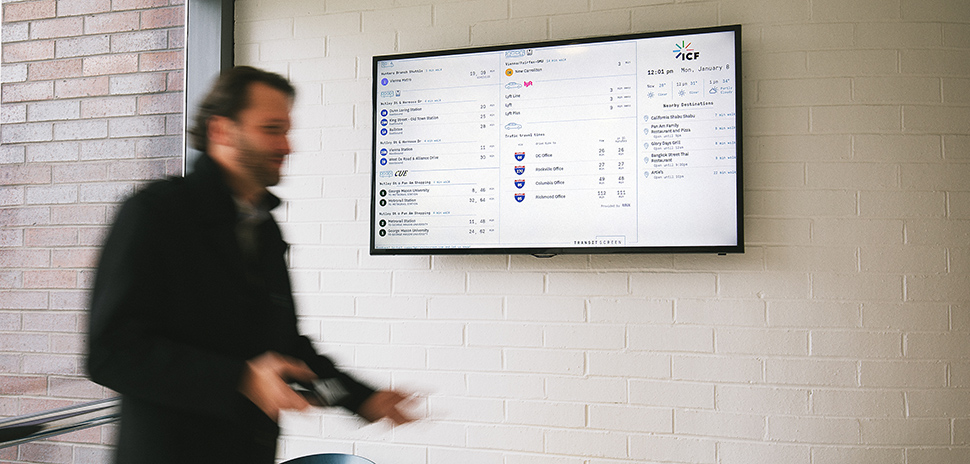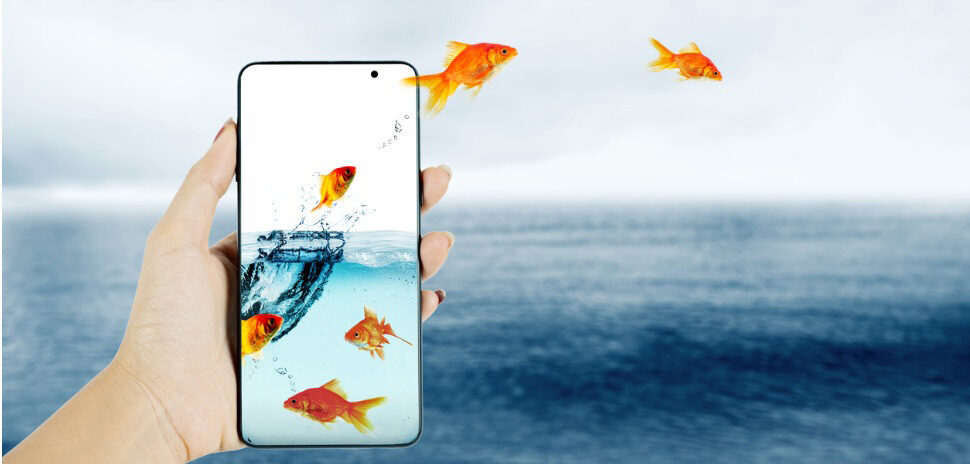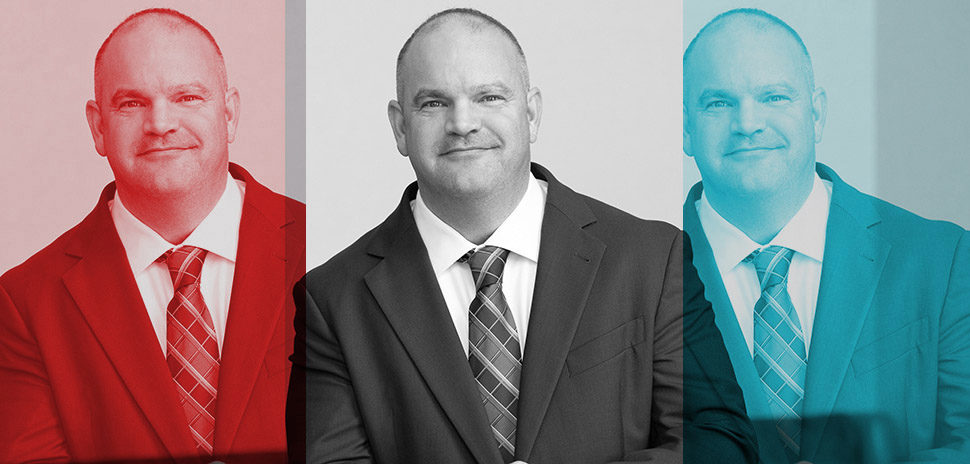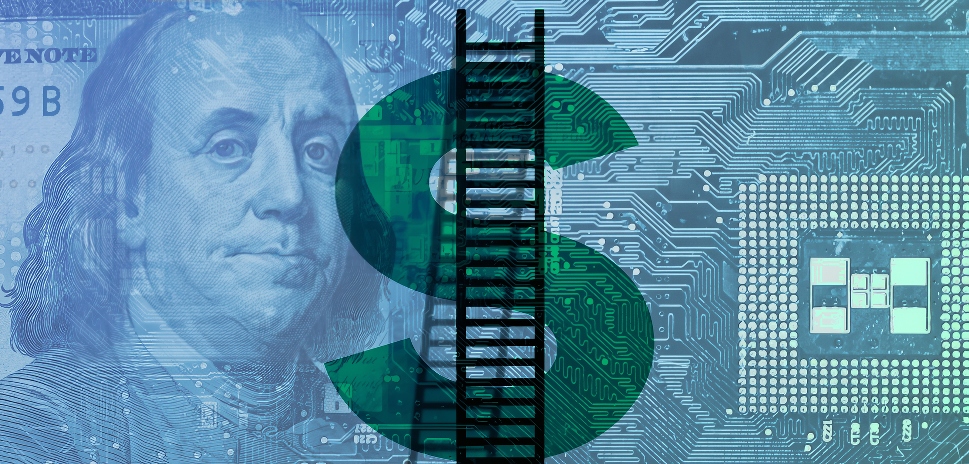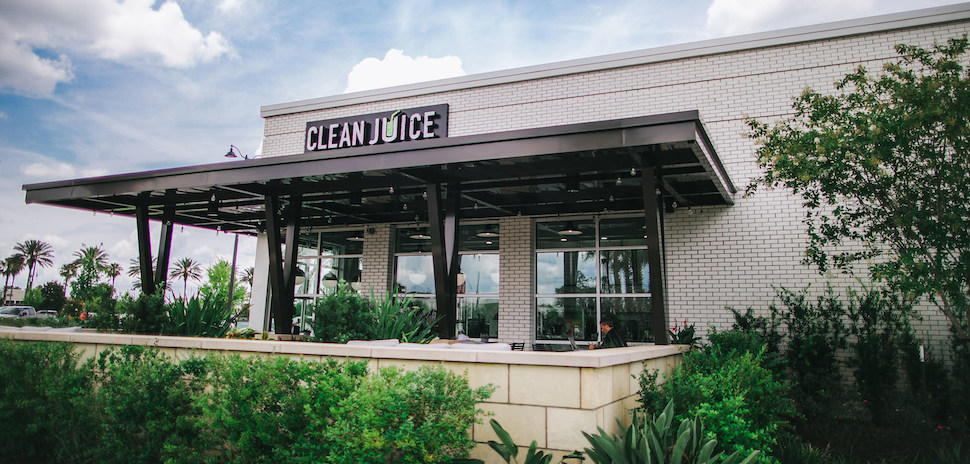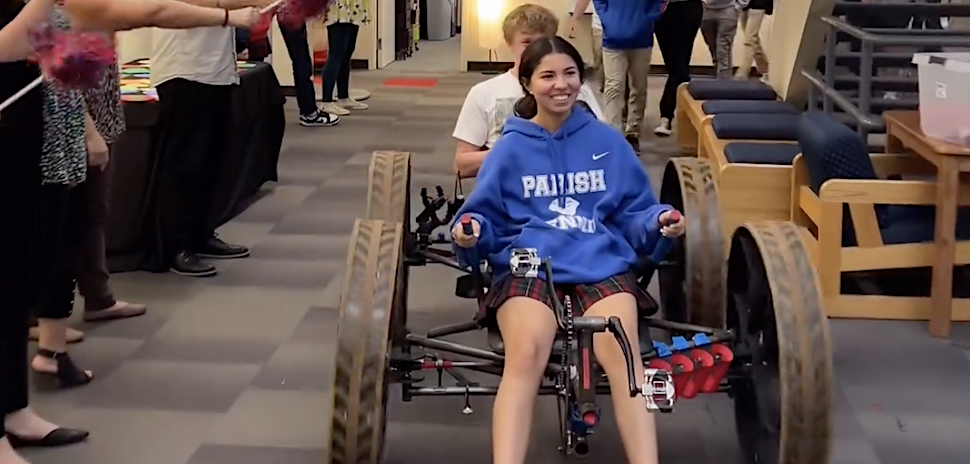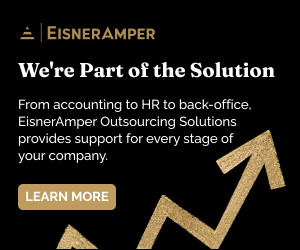Sometimes, by the time you decide whether to take a bus, train, rideshare, or bike, it would’ve been faster to just walk to your destination. It’s like trying to decide what restaurant you’re in the mood for: so much time can be wasted flipping through your phone, searching for the best option. But that’s where TransitScreen comes in—there to show you a massive menu of mobility, with one quick glance.
The startup curates live transportation displays, giving travelers a real-time look at every viable option nearby, whether it be a bus, train, ferry, bikeshare, carshare, rideshare, or shuttle. The transit types are customized depending on location and are updated to the minute, even including weather information and drive times. The intention is to encourage informed, sustainable decisions that avoid wasted time and resources.
TransitScreen drove into Dallas last year, deploying units in: 2929 Wycliff, The Cirque, One Dallas Center, Vista Apartments, Forest City – Ardan, Greystar – Vibe Medical District, Mockingbird Flats, and Mockingbird Station. The services are in multifamily residential buildings, commercial offices, hospitality locations, corporate workplaces, smart cities, retail spaces, and universities.
“TransitScreen displays next bus/train information for people in venues served by transit routes,” Thomas Bamonte, Senior Program Manager of Automated Vehicles at the North Central Texas Council of Governments, says. “The more accurate the next bus/train data TransitScreen receives from transit providers, the more useful its displays will be. These days, the quality of such data is a key part of the transit customer experience.”
TransitScreen started in 2011 when CEO Matt Caywood didn’t know which bus he should take. From there, he launched the company with co-founder Ryan Croftin in 2013, hired the first salaried employee in 2015, and partnered with JLL in 2017. The team worked out of the 1776 startup network of incubators, and later moved into headquarters in Washington, D.C.
Last year, TransitScreen launched its MobilityScore, which provides passengers an easy-to-understand measure of transportation access. Just type in your address to receive a score from 0 for no mobility, to 100 for excellent mobility.
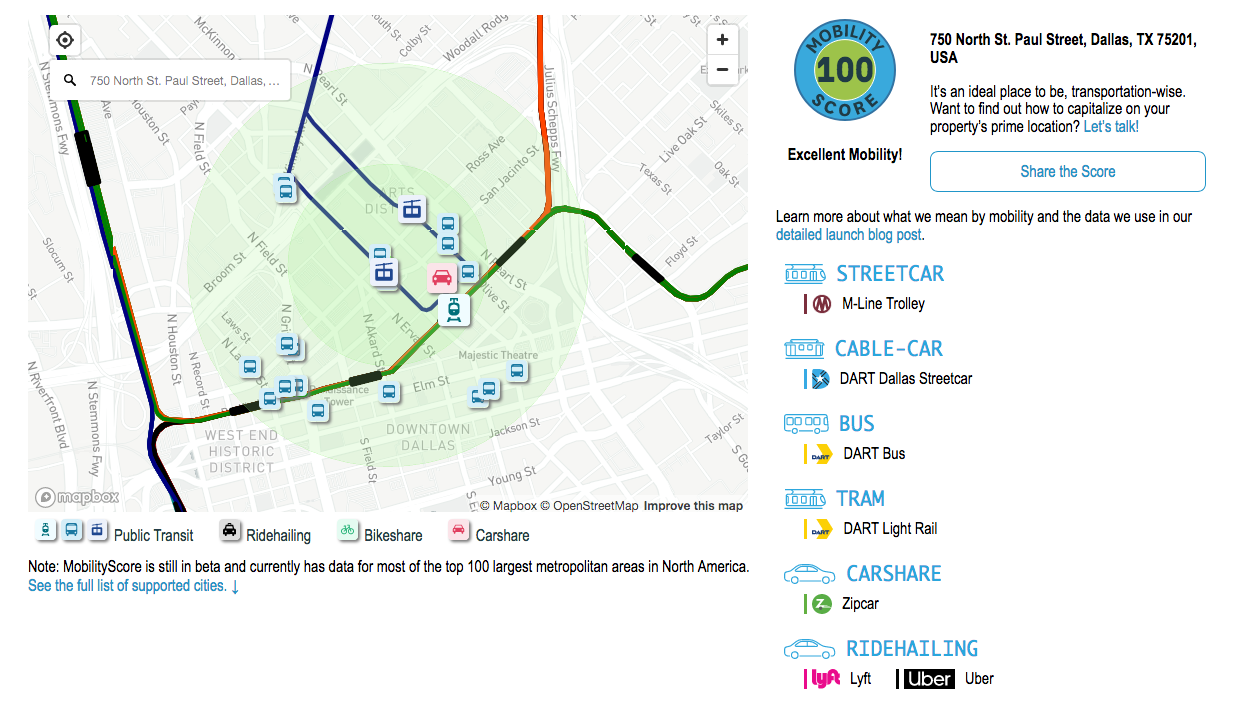
Not to brag, but when we typed in the Dallas Innovates office address, we earned a perfect 100 mobility score. [Photo via TransitScreen]
With every feature hinged on a goal to “revolutionize the way you experience your city,” TransitScreen’s seen fast growth since founding — the service is currently active in every major city in the U.S. and Canada, and in select places in the U.K., Ireland, and France.
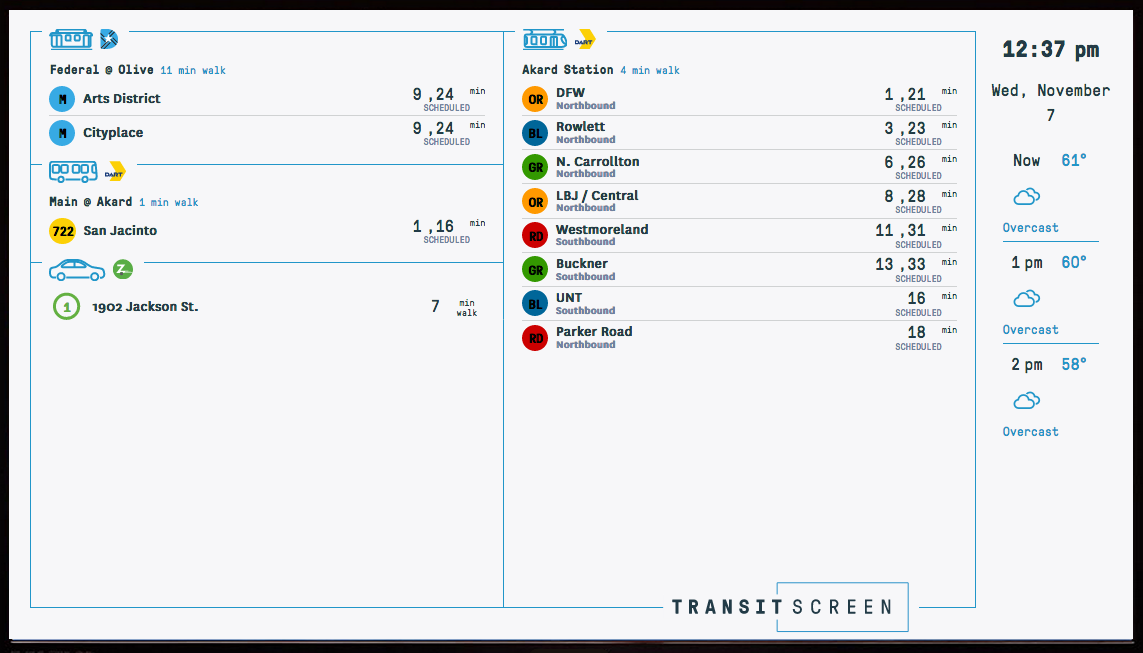
A real-time look at a TransitScreen nearby the Dallas Innovates offices at 750 N. St. Paul St. [Photo via TransitScreen].
And while the network of screens is vast, the startup is built on sustainability. Using wind-powered energy and running globally on the cloud, TransitScreen says it strives to be environmentally conscious and inclusive. Even the employees don’t commute to work — they either walk, ride, bike, or stay at home.
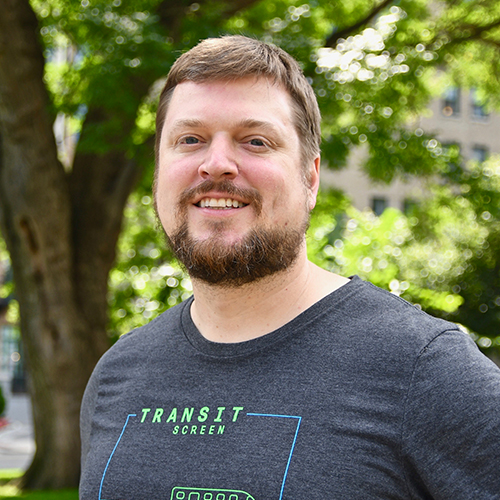
CEO Matt Caywood [Photo via TransitScreen]
It’s all part of a bigger picture: the rising sharing economy. More and more startups are building on the shifting trend of mobility, with recent studies showing the largest generation right now—millennials—as buying fewer cars. Dallas Innovates spoke with Caywood to discuss what’s driving transportation, how TransitScreen is coming into play, and where the crowded highways seem to be headed.
How does TransitScreen, and the rising sharing economy, impact Dallas?
“The rising sharing economy in Dallas can play a very interesting role in helping to spread access and information across every community. There’s a definitive wealth gap in Dallas, and it builds a stronger community when people are sharing transportation. There are also a lot of great neighborhoods in Dallas, like Deep Ellum, that are best experienced from a bike or scooter rather than a car window. TransitScreen is becoming part of this movement by giving everyone the power to make informed, educated decisions about how they get around. Not only do we provide mass transit information, but we can also equip your screen with traffic, weather, and community data. We’re helping people be in the know about Dallas overall, so they can focus on where they need to be in life.”
How is TransitScreen more helpful than looking at an app, or looking at a bus schedule online?
“Screens are more convenient, because you don’t have to remember to check them. Bus schedules aren’t displayed in real-time, and will rarely run on time, so we provide you with more information than any app—combining all public, shared, and even private employer transportation. We’re simplifying commutes and helping residents better understand their city, that’s why we only give information that’s pertinent per that exact time and location. Other transportation apps can be overcrowded and confusing by either providing way too much information or have a display that isn’t exactly user friendly.”
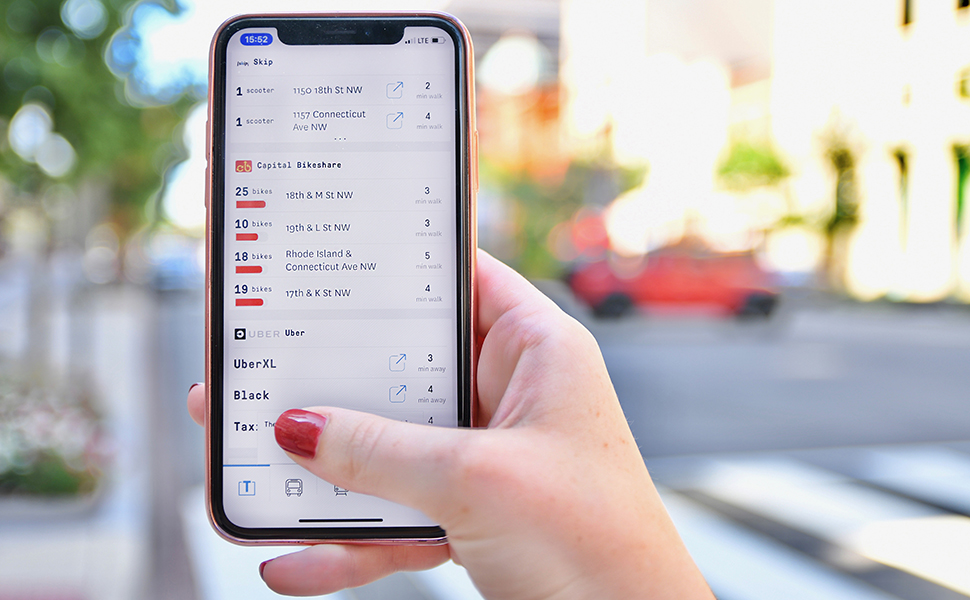
[Photo: Courtesy TransitScreen]
What does TransitScreen do that ties into the changing transportation industry?
“Millennials have been purchasing fewer cars than previous generations because they are more open to a variety of choices and experiences — in fact, according to a study by APTA, 70 percent of millennials use multiple travel options several times or more per week. They are also looking for a lifestyle that is more urban and convenient to everyday amenities. TransitScreen is helping drive this trend by providing millennials with an at-a-glance overview of all of their transportation options. Is the next bus still 20 minutes away? Is Uber surging? Maybe it would be easiest to grab a Lime Bike or Bird Scooter to get to your destination—TransitScreen is giving users all the information they need to make informed travel decisions.”
What do you think the future of transportation looks like—and, how is TransitScreen going to affect that?
“The future of transportation is going to be all about choices: Uber, Lyft, public transit, bikeshare. Scooters and electric bikes are a hugely popular global trend right now. When you’re only going a short distance—and a majority of daily travel is actually trips shorter than a couple of miles—scooters and the like are often way more convenient than driving, and we can tell you if there’s one just around the corner.
We keep up with the changing transportation landscape, constantly adding to or updating our services. Our users don’t have to be transportation experts—we stay up to date so they don’t have to.”
![]()
Get on the list.
Dallas Innovates, every day.
Sign up to keep your eye on what’s new and next in Dallas-Fort Worth, every day.










